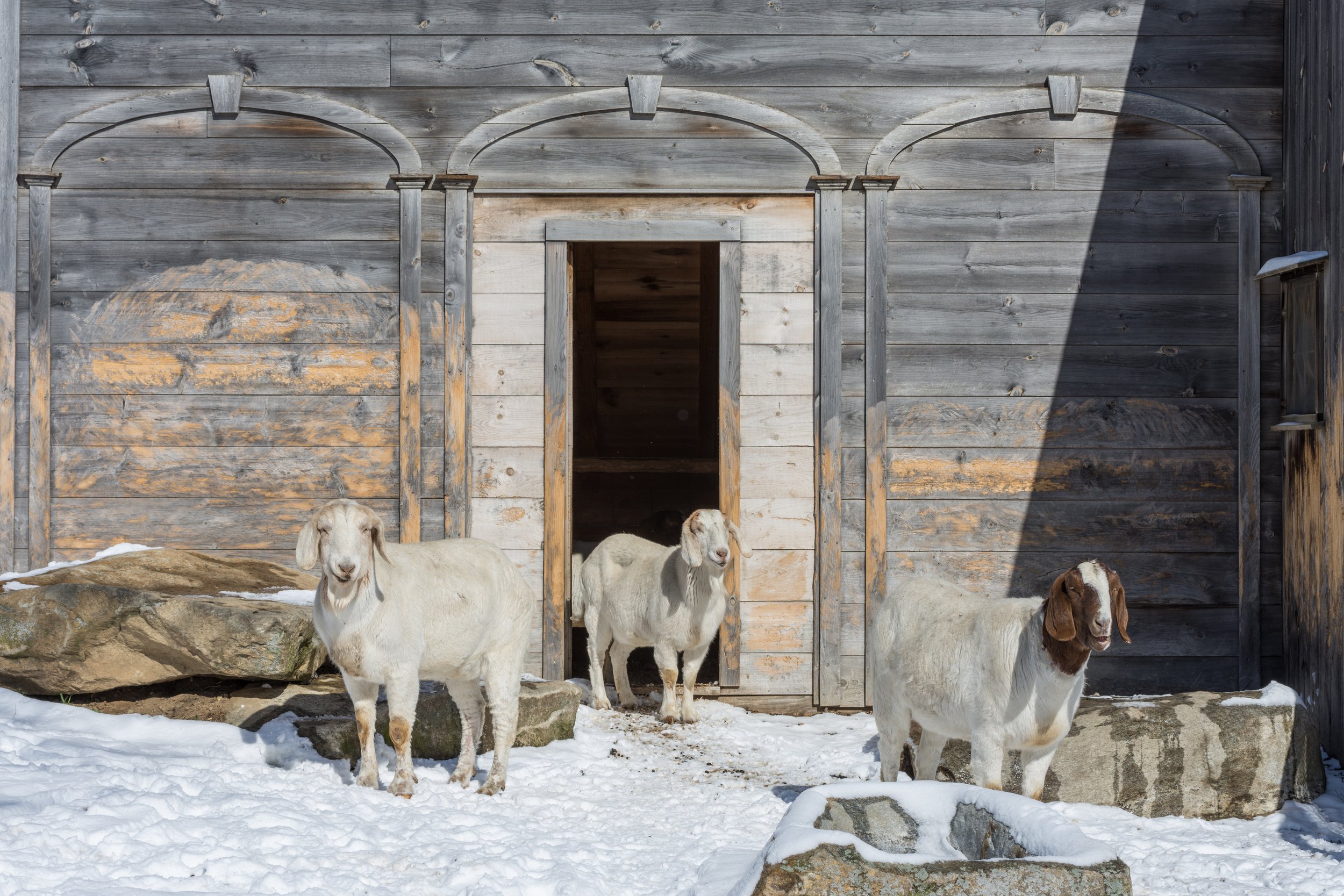
Our story
Salmon Kill Farm is our family home, garden and orchard. Through a process of continuous trial and error, we have learned so much about the impact of the everyday choices we make. And we have witnessed the collective power of groups of people to create change through their everyday actions.
We are certified by Baystate Organic Certifiers and Certified Humane Raised and Handled®.
We want to share what we have learned about the complex cycles of growth, consumption and waste–and about the many hands and hearts it takes for food to arrive at our tables.
More than fifteen years ago, we happened upon the historic Salmon Kill Farm while driving down a country road. We saw a building that appeared to be growing out of the ground. Later, we learned that its bricks were made using silt from the Salmon Kill Creek that meanders through the property. We were fortunate to become stewards of this property…the musings below are part of our journey.
On learning to farm
with a little help from our friends
When we bought the property, a former farm, we were inclined to respect those roots. We thought we might start with having a few chickens for eggs. But because we are in a fairly secluded, rural area, we were warned about the myriad of predators, which we learned in the years ahead are indeed challenging. A local farmer suggested purchasing a few donkeys who he assured us would be excellent protectors of our chickens. On that advice, we purchased three (what were supposed to be miniature) donkeys. This effort was spearheaded by our daughter who was 10 at the time. Our donkeys came from the Midwest and the breeder who sold them to us said she was completely unaware she had been working with a 10 year old to organize the transaction. That was when the internet was young and it was hard to tell!
We got the donkeys, they were an incredible handful and it caused us to wait five years before we ever got our first chicken!
By the way, the donkeys are incredibly sweet, but impish and prone to shenanigans. Next came the Boer goats, in similar fashion. I attended a NOFA conference where several seasoned, organic farmers assured me that goats were the solution to managing invasive plants on sloping hills ending at the Salmon Kill River. What they didn’t point out was that they would eat everything else in sight as well–including your skirt if you turned your back on them! Same with the bees.
I was told that when I planted our apple orchards, bees would find their way to pollinate their fruit. What they didn’t say is that it might take several years before they found it, so eventually we installed our own apiary.
All of this to say, it happened in a fairly chaotic, unplanned, lovely and organic fashion. Our products have come to be known in the community as delicious, small-batched goods with an emphasis on pure and simple ingredients. Who knew running an old folks home for chickens and providing a clean, organic landscape would result in that?
“Transformative social change is community-driven and is guided by the everyday, conscious choices that we make – including the way we grow and buy our food.”
— Jean Martin-Fortier, Market Garden Institute



